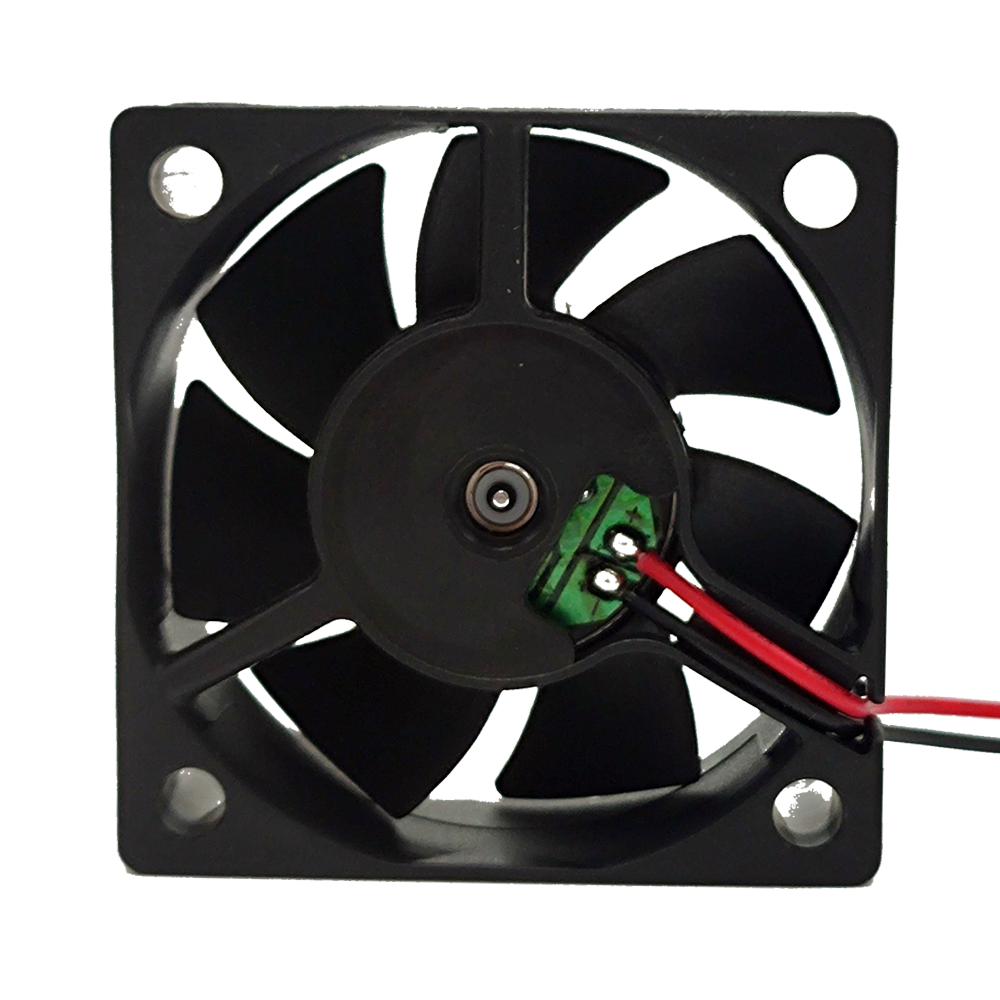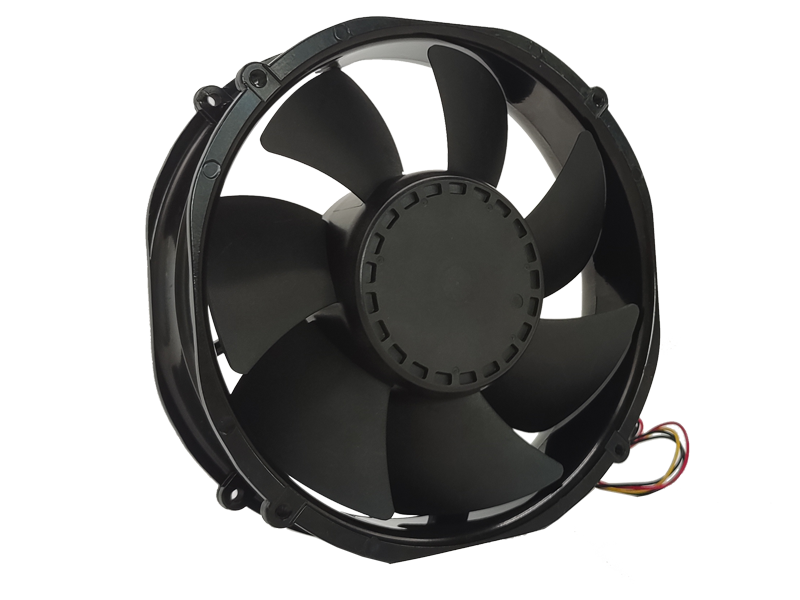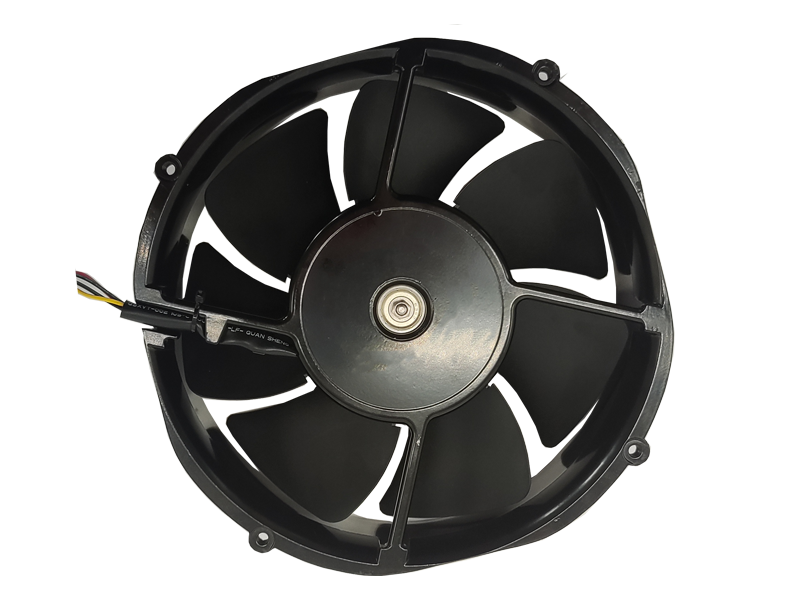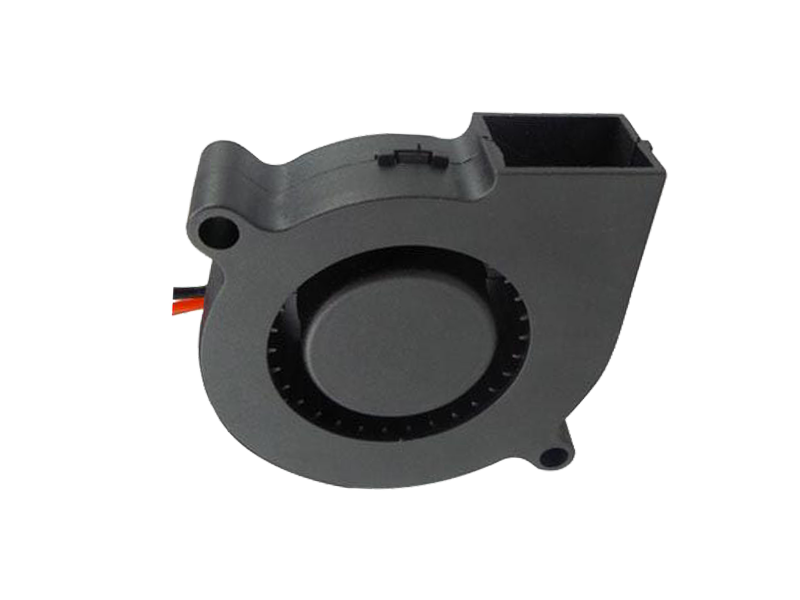Industrial fans are integral to improving airflow, cooling systems, and ventilation in many industrial and commercial settings. From large manufacturing facilities to agricultural environments, these fans are a staple in maintaining operational efficiency, worker safety, and equipment longevity. However, selecting the best industrial fan requires careful consideration of factors like airflow, energy efficiency, durability, and specific application needs.
In this comprehensive buyer’s guide, we will explore the various types of industrial fans, their benefits, and the key factors to consider before purchasing a fan for your business or facility.
Understanding the Role of Industrial Fans
Before diving into the specifics of different fan types and selection criteria, it’s important to understand why industrial fans are essential for many commercial and industrial operations. Industrial fans are designed to move large volumes of air, providing adequate ventilation, improving cooling, reducing humidity, and promoting energy efficiency.
Common applications for industrial fans include:
Cooling equipment: Many industrial processes generate significant heat, and without cooling, machinery could overheat or malfunction. Industrial fans help dissipate heat to ensure the equipment operates efficiently.
Ventilation: In factories, warehouses, and agricultural facilities, air quality can deteriorate quickly due to dust, fumes, and other airborne contaminants. Industrial fans are critical in maintaining a healthy environment by circulating clean air and removing pollutants.
Humidity control: In industries such as food production, textiles, and pharmaceuticals, controlling humidity is essential to product quality. Industrial fans work alongside dehumidifiers to maintain the desired moisture levels.
Types of Industrial Fans and Their Applications
Choosing the right industrial fan largely depends on the specific needs of your application. Let’s look at the most common types of industrial fans:
Axial Fans
Application: Axial fans are the most commonly used type in industries. These fans move air along the axis of the fan, making them ideal for applications requiring high-volume, low-pressure airflow. They are typically used in ventilation systems, cooling towers, and HVAC systems.
Advantages: Low cost, high airflow, and simple design.
Centrifugal Fans
Application: Centrifugal fans are ideal for high-pressure applications. They work by expelling air at a 90-degree angle to the intake. These fans are often used in dust collection, fume extraction, and high-resistance environments.
Advantages: High pressure, ability to push air over long distances, and versatility in filtering.
Cross-Flow Fans
Application: These fans are typically used in systems where airflow needs to be distributed evenly, such as air conditioning and ventilation systems. They pull air in from both sides and expel it at a right angle.
Advantages: Compact design, quiet operation, and space-saving.

Tube Axial Fans
Application: Tube axial fans have a cylindrical housing, allowing them to direct airflow more effectively in high-efficiency applications. These are often used in clean rooms, tunnels, and exhaust systems.
Advantages: Precise airflow direction and efficient space utilization.
Portable Industrial Fans
Application: Used in temporary applications where airflow is required only for a short period or in different locations, portable fans are often used on construction sites, in event venues, or emergency situations.
Advantages: Mobility, easy setup, and versatility.
Factors to Consider When Choosing an Industrial Fan
Selecting the best industrial fan for your application requires consideration of several key factors:
Airflow Capacity
The airflow capacity is one of the most critical specifications when choosing an industrial fan. Measured in cubic feet per minute (CFM), this indicates how much air the fan can move. Larger spaces or areas with heavy machinery will require a fan with a higher CFM rating to ensure proper ventilation.
Fan Efficiency and Energy Consumption
Energy efficiency is crucial for reducing operating costs, especially in facilities where fans run for extended periods. High-efficiency motors and variable-speed options can help optimize energy consumption by adjusting the fan speed based on real-time cooling needs.
Pressure Rating
The pressure rating indicates the ability of the fan to move air against resistance. Low-pressure fans, such as axial fans, are ideal for applications requiring large volumes of air with little resistance, while high-pressure fans, like centrifugal fans, are better suited for systems with filters, ducts, or other obstructions.
Noise Level
In industrial settings, excessive noise from fans can create an uncomfortable and unsafe work environment. It’s important to choose a fan with an appropriate noise level (measured in decibels, or dB). Fans with advanced noise-dampening features or designs can minimize sound pollution.
Maintenance and Durability
Industrial fans need to be durable and easy to maintain, especially when operating in harsh conditions such as high temperatures, moisture, dust, or chemicals. Look for fans with corrosion-resistant materials, easy-to-clean blades, and long-lasting motors.
Fan Size and Space Constraints
The physical size of the fan and its installation location must be considered. Ensure that the fan will fit into your available space without obstructing other operations.
Conclusion: Finding the Right Industrial Fan
Choosing the right industrial fan involves a thorough understanding of your facility's ventilation, cooling, and airflow needs. By considering factors like airflow capacity, energy efficiency, noise levels, and durability, you can ensure that your fan system operates efficiently, keeping costs down while maintaining a safe and comfortable environment. Whether you are looking for high-pressure centrifugal fans or low-noise portable fans, taking the time to select the right model can pay off in long-term reliability and operational effectiveness.
Industrial fans are not just a tool for moving air; they are an investment in your facility's efficiency, worker health, and equipment longevity. By selecting the right fan, you can optimize your workspace, improve productivity, and keep your operations running smoothly.
Recommended Products

The main purpose:Car charging station

The main purpose:Car charging station

The main purpose:Electronic refrigerators, water dispensers, direct drinking machines, inverter power supplies
Address:No. 4137, Longgang Avenue (Henggang Section), Henggang Community, Henggang Street, Longgang District, Shenzhen
hotline:13530005572(Chen)15112579390(Li)


Welcome all friends to come for consultation and negotiation.
Copyright 2024 @ Shenzhen Youneng Xinyuan Electronics Co., Ltd.,(industrial fans,industrial blowers,axial fans,cooling fans manufacturer,centrifugal fans,ac cooling fans,dc cooling fans)